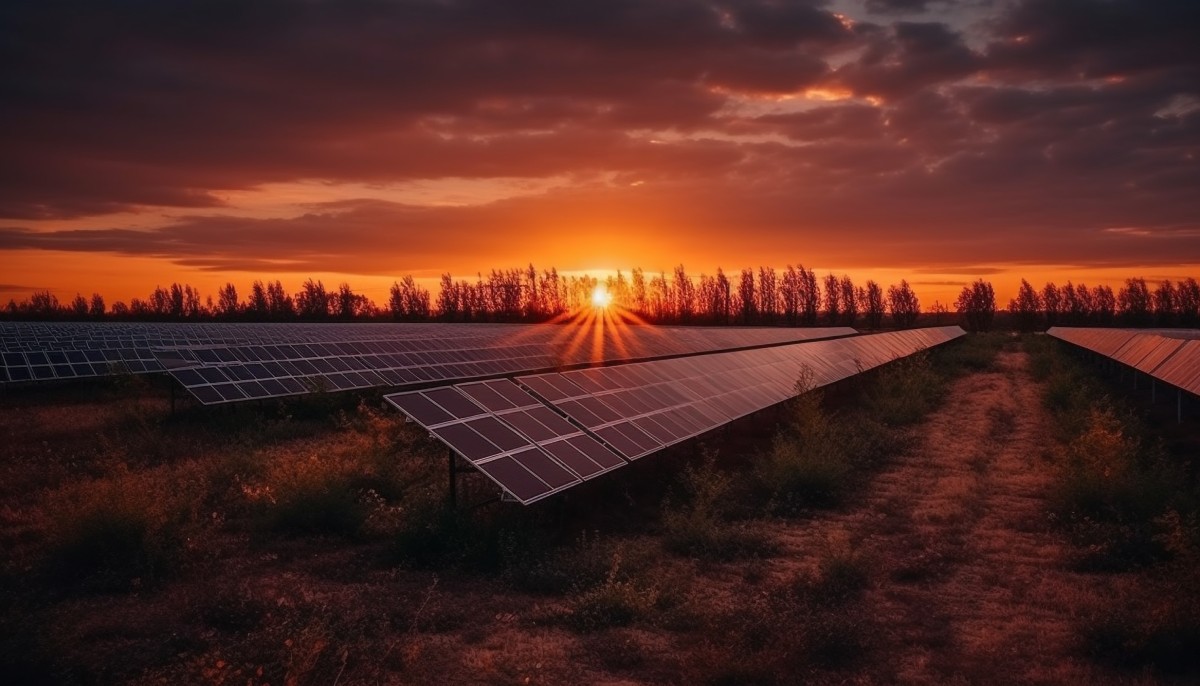How Space Tech can Shape the Future of Farming organized by Swiss Food & Nutrition Valley, Space2Earch Accelerator and Impact HUB Lausanne.
Space4Impact promotes the adoption of space technologies that have a positive impact on Earth. As part of their Space2Earth Accelerator, Space4Impact organizes thematic workshops to support space startups in bringing the power of satellite data to new markets.
Erasmus Plus Seed4Africa was invited under the FTS participating to a workshop at EPFL Lausanne. Introduction by Christina Senn-Jakobsen, Managing Director at Swiss Food & Nutrition Valley and Christina Nils Schwab, Executive Director at EPFL Integrative Food & Nutrition Center.
Topic – SOLAR ENERGY CHALLENGE & AGRICULTURAL NEEDS: The EU climate change mitigation plans call for the deployment of more than 500 km2 of solar power every year, impacting strongly use of land.
Large solar deployments are needed but they impact land use, yet many crops require protection from climate hazards creating plastic seas.
FarmTech Society, presented the Seed4Africa project,t in the context that energy and infrastructure access to smallholder farms are a challenge everywhere, also in Switzerland and in the EU. One of the major challenges is the difficulty of transferring knowledge to farm-level applications. The best digital tools are not adopted because farmers have now training on how to best utilize them, so the Erasmus Plus grant will be focused on these types of adoption via knowledge transfer to the trainers, advisors and universities extension service.
Project Executive Summary: The Seed4Africa project aims to enhance the professional profile of African VET teachers and trainers in the field of agriculture and rural development by offering online, face-to-face and work-based learning opportunities. SEED4AFRICA will support the establishment of an international network of VET – Vocational Education and Training – providers in 3 different countries (Italy, Belgium and Spain) and 5 Sub-Saharan countries (Niger, Benin, Ghana, Kenya and South Africa) with the potential to furtherly extend within the EU, as well as in the whole southern African region



